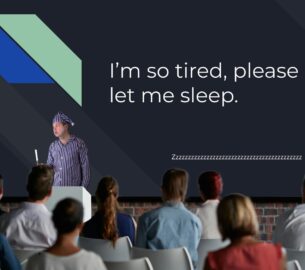
Photo by: Connor Gorry
The leading originality checking program, Turnitin, has announced this past week that it will not mark plagiarism that consists of 26 words or fewer.
Turnitin is an online program designed to scan students’ works for plagiarism by determining if the text matches any other text in its online database. Plagiarism (n): an act of using or closely imitating the language of another author without authorization; the representation of that author’s work as one’s own. It is widely considered a breach in the moral code of academia, since it does not credit the original author.
The CEO of Turnitin, Daniella Nitinrut, discovered that most schools’ Originality Reports punished students for plagiarism without determining the student’s intent.
“This system of punishment for students is flawed,” said Nitinrut. “It’s difficult to determine if a student is trying to purposefully deceive the teachers when a short phrase or sentence is copied. I have a dream that my four children will one day live in a nation where they will not be judged by the color of their Turnitin marks.”
Punishments for plagiarism include expulsion from school, legal action in the case of copyright infringement, and even hasta la vista, baby, of one’s work.
In 2015, the American Copycat Association Association conducted a study to further understand why students plagiarize. According to the results, 85 percent of students plagiarize because of stress, cramming, or being too lazy to double-check their work.
Lead researcher Bond James-Bond reports students’ most frequent reasons were “Somebody once told me the world was gonna roll me,” “It’s a hard knock life,” and “Here I am, once again, I’m torn into pieces.”
“We read those results and thought, ‘If the students won’t try, why should we?’” said Jeremy Marken, one of Turnitin’s lead developers. “We chose to do these things not because they are easy, but because they are hard, but Houston, we have a problem. Students are copying others’ work too readily, not realizing that plagiarism has serious consequences. When copying something, you’ve gotta ask yourself, ‘Do I feel lucky?’ Well, do ya, punk?”
To employ the “26-Rule,” Marken and the other developers restricted the program to only report a copied phrase above 26 words. Turnitin developers have stated that the system will assume that anything copied above 26 words is intentionally deceptive plagiarism, which will be allowed, quoth the raven, “Nevermore.”
“Four score and twenty years ago, our fathers brought forth plagiarism ideas that weren’t as serious as they are today,” claimed Nitinrut. “It was the best of times, it was the worst of times, it was the age of wisdom, it was the age of foolishness, it was one small step for man. Frankly, my dear, I don’t give a damn if textbook authors are offended because students imitated 26 words. I’m gonna make them an offer they can’t refuse. Rosebud.”
Turnitin will officially employ the 26-Rule in March 2017. Are ya ready, kids?
This article has been processed by Turnitin standards and contains no instances of plagiarism.
Written by: Lauren Kirkbride, design editor
The premier satire magazine at UC San Diego.









